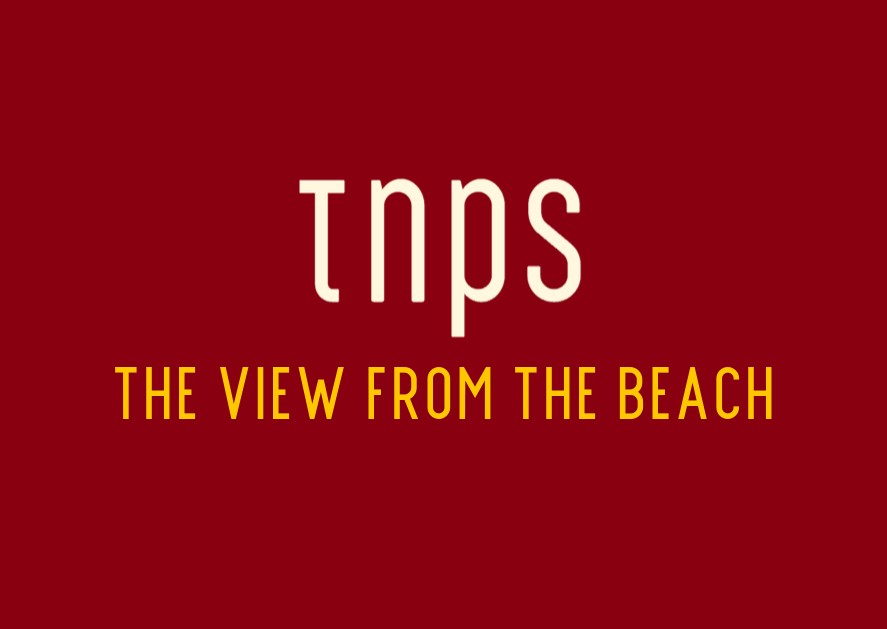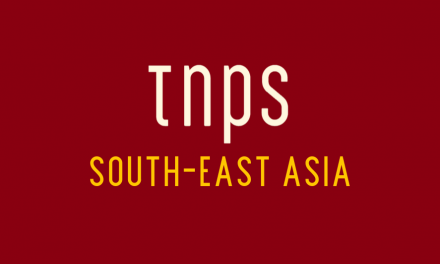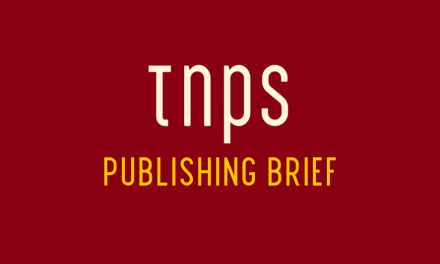Just maybe deliberately overpriced ebooks will become a thing of the past as publishers examine their 2020 accounts and work out just how profitable digital was for them.
The latest Nielsen Book Research Books & Consumers Survey has more bad news for bricks & mortar bookstores and those who insist audiobooks are the only digital format that matters.
Despite bookstores being locked down for much of the year, trade publishing soared to new heights across all formats, with a record 395 million books sold, up 6% unit sales and up 7% in revenue on 2019.
95 million of those sales were ebooks, meaning print is still outselling ebooks by almost 3 to 1, but the faux narrative promoted by some in the industry that audio is the only digital format that matters is dealt a fatal blow by the new Nielsen numbers.
Audiobook sales in 2020, despite being up 22% by unit and 16% by value, still only amounted to 23 million units, meaning print outsold audio by 11-1 and ebooks outsold audio by 4-1.
These numbers matter at several levels.
Most importantly print sales soared to record-breaking levels despite the UK being in lockdown for a significant part of the year (and also most of 2021 so far).
No wonder The Bookseller’s Philip Jones this past week finally conceded UK bookstores were,
“facing an existential crisis.”
As reported by The Bookseller, Steve Bohme, Nielsen’s research director, said,
As a whole, the market was 6% up in volume to 375 million books, the highest volume recorded to date, and 7% up in value to £2.65bn, also a record figure for the survey. Print sales fell below 70% of the market share in volume terms for the first time, with e-books rising back up to 25% for the first time since 2016.
Audiobooks rose 22% in volume year on year, the sector’s seventh year of growth, and jumped 16% in value. Audio also achieved its highest share of the market as a whole, at 6%.
Yeah, read those last figures again. The audio sector’s “seventh year of growth” but peaking at just 6% of the UK trade market.
Bear that in mind next time you see the headlines about the audiobook boom. Big percentage rises make great clickbait but mean little without context.
Per The Bookseller’s summary of the Nielsen survey,
E-books claimed 50% of the Adult Fiction market in volume terms, with print scoring its lowest share of 43%—though, in value terms, its share was higher, at 57%, with e-books at just 15%. Bohme noted that, with print prices rising and e-book prices dropping across the year, the average e-book cost around half that of the average print book.
Again, this needs to be contextualised. Ebooks are naturally cheaper than print, and unnaturally expensive because may publishers observed a calculated policy to drive ebook prices up to support print.
For perhaps sound business reasons, but we should always be cognizant that it happened, and not draw faux inferences about consumer demand.
One of the key points to emerge from Pandemic Y1 lockdown was that most print books continued to be available throughout the lockdown period, despite regular bricks & mortar stores being closed. And in fact print sales rose despite the closure of said stores.
Simultaneously we saw ebook and audiobook sales rise, alongside print sales rising, so any suggestion that consumers turned to digital as a last resort because they couldn’t get the print books they wanted simply doesn’t stand up to scrutiny.
Per The Bookseller summary,
Due to the pandemic, the number of books bought online rose to 261 million in 2020, two and a half times as many books bought in person. For the first time, printed books were bought mostly online. Older consumers switched more to digital formats, whereas younger consumers switched from in-person to online print purchases.
In the UK bookstores will reopen in two weeks time and of course we’ll see headlines about soaring demand as consumers get to visit bookstore again.
And that’s great news, of course. A diverse retail market is a healthy one for the industry. And publishers fully understand that.
But bookstores will need to really prove their worth this year, once the novelty of re-opening wears off and consumers settle into their New Normal buying patterns, because the big lesson for publishers in 2020 was that bookstores, wonderful as they are, are nowhere near as indispensable as everyone thought this time last year.
And for publishers, the prove demand for both ebooks and audiobooks might just get them rethinking their position on digital.
Just maybe deliberately overpriced ebooks will become a thing of the past as publishers examine their 2020 accounts and work out just how profitable digital was for them, and just how much they saved by not having to deal with returns and all the other costs involved in supporting no-longer-indispensable bookstores.
And just maybe publishers will be looking at their audiobook receipts and then looking at the remarkable success story that is Scandinavian audio, and wondering just how many more sales and how much more profit they might have made if they were not ideologically wedded to Audible’s one-credit model, and that maybe it’s time to start thinking about how they could unleash the potential of their backlist by working with twenty-first century streaming services.





